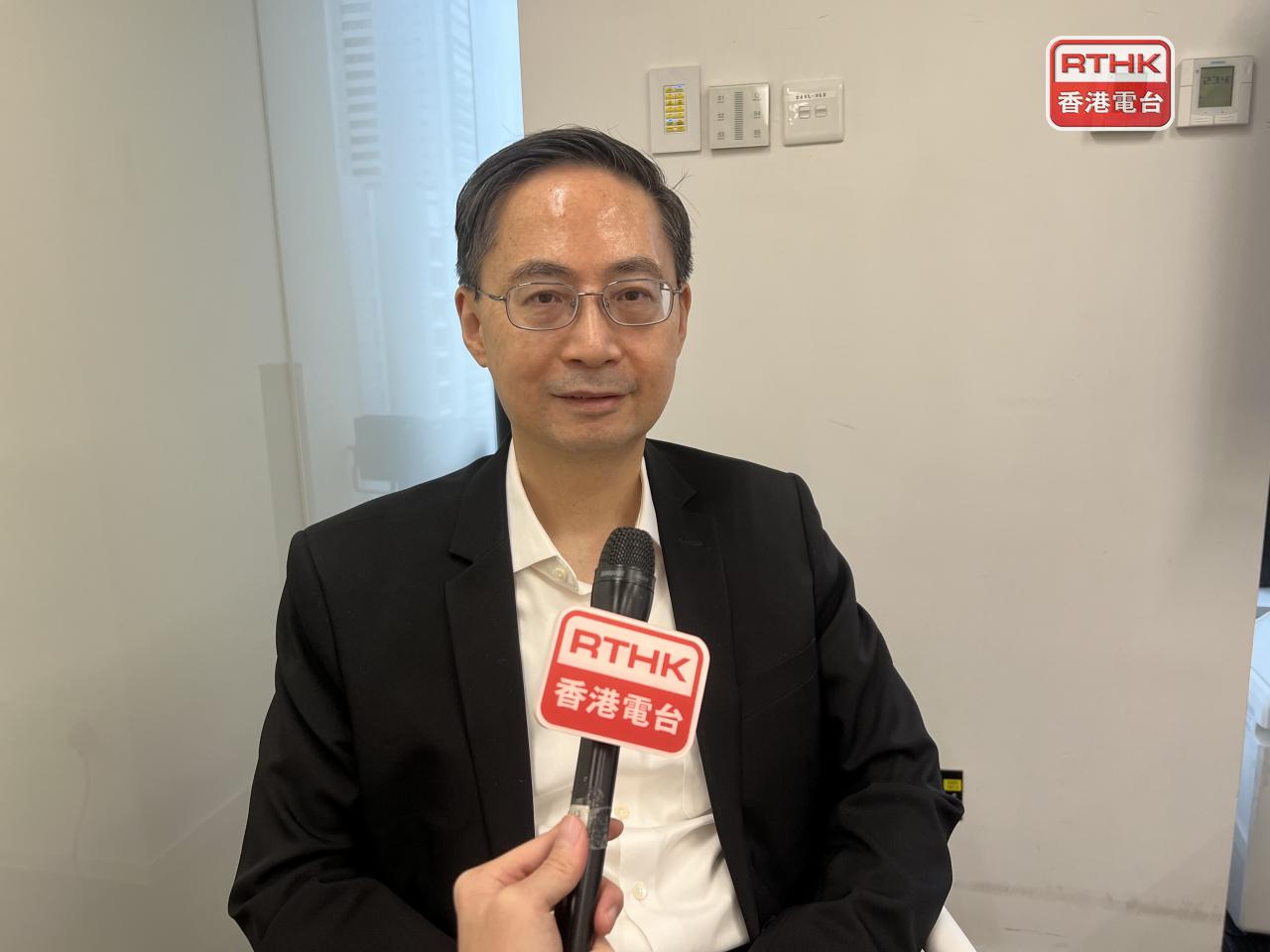The Hong Kong Green Finance Association (HKGFA) on Friday said there are signs that green finance is gaining traction in Asian markets, against the backdrop of geopolitical changes, a movement of de-dollarisation, and as investors diversify investments to minimise risks.
The remarks came as the association gears up to host its eighth annual edition of the "Hong Kong Green Week" between September 8 and 12, during which Hong Kong's role in a global energy transition will also be featured.
At a press briefing in collaboration with InvestHK, the government's investment promotion agency, Chaoni Huang, HKGFA's executive vice-president, noted that the issuance of sustainable bonds by Hong Kong and offshore China reached US$15.5 billion in the first half of this year, representing an increase of 79 percent year on year.
"What it really shows is the resilience in terms of the sustainable finance, and the urgency of demands into this much-needed climate adaptation and mitigation, amid a wide range of sustainability challenges that we are seeing globally," she told reporters.
"With risk diversification in mind, which is on top of the mind of every investor, and as local currency becomes much more attractive - thanks to the stability of our markets as well as a more favourable lending rate [in the region].
"So dim sum, panda bonds with the environmental, social, and governance (ESG) characteristics are now really gaining traction in the market, and we're seeing an increasing momentum of non-Chinese, international entities tapping into the local market," she said.
The so-called dim sum bonds are bonds issued outside of China but denominated in renminbi, while panda bonds refer to renminbi-denominated bonds from foreign issuers but sold within the mainland market.
Echoing Huang, Ma Jun, HKGFA's chairman and president, said Asia can play a more leading role amid the global green transition, following the United States' withdrawal from the Paris Climate Agreement earlier this year that hindered climate-related investments from the country.
He said such headwinds could instead offer opportunities for Hong Kong to leverage its financial strengths and proximity with the mainland to meet rising funding demands, especially from emerging Asean markets.
"Asia can be a leader in the global climate action, especially in sustainable finance, for example, in mainland China, green loan growth reached 25 percent year on year in the first half of this year, which I think was the fastest growth rate of a very large green economy compared with many other jurisdictions in the world," he said.
Ma also pointed to a rising trend in so-called "transition finance", which refers to any form of financial support that helps decarbonise high-emitting activities or enables the decarbonisation of other economic activities, in the region.
"Personally, I expect the transition finance to grow 100 percent every year in the coming few years, not just in China, but in the region," he said.
Separately, Huang cited examples of the city's landmark listing of mainland new energy battery maker, CATL, which she said has "demonstrated that the city can be a very effective capital raising activity venue for renewable energy company in general".
"We've also seen other very interesting companies in the EV ecosystem, like hydrogen fuel cell storage, or even shipping companies coming to Hong Kong for initial public offerings in the recent 12 months," she said.
"So I think the equity market can play a very important role to attract green firms to come here for IPO," she added.







